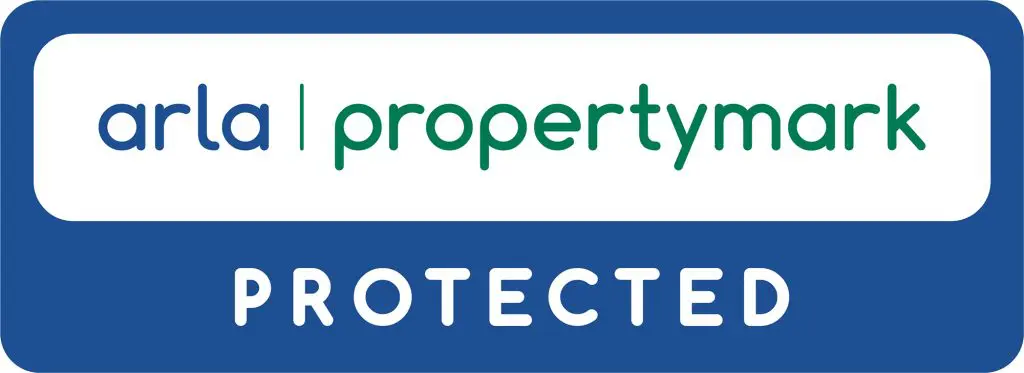Becoming a landlord can be an incredibly rewarding experience, especially if you are looking to grow your investment portfolio, or use the additional income to boost your earnings.
However, it’s always a wise idea to get familiar with any additional paperwork or costs that will be associated with being a buy-to-let landlord. In particular, we’re talking about taxes you may need to pay.
Taxes that apply to buy-to-let landlords revolve around the life cycle of the property, in that you could be charged when you buy the property, make money from rental income or when you go to sell the property.
Here is an overview of the taxes landlords have to pay to guide you. Keep in mind that rates and exclusions may change over time, or in response to events such as what we saw with the pandemic.
Stamp Duty

Stamp duty is a tax that applies when you purchase a property or land over a certain amount. You will need to seek independent advice about the amount of stamp duty you may be liable to pay. This is because rates differ depending on your circumstances. In addition, landlords will pay a different amount of stamp duty versus regular home buyers.
It’s also worth mentioning that the recent stamp duty holiday announced in the wake of the coronavirus pandemic applies slightly differently to let buyers or those purchasing a second home. That’s because you’ll still be required to pay a 3% stamp duty tax.
| House Price | Buy-to-let/Second home stamp duty rate |
| £0-£500,000 | 3% |
| £500,000-£925,000 | 8% |
| £925,001-£1.5M | 13% |
| £1.5M+ | 15% |
At the time of writing, if you are a buy-to-let landlord and you purchase a property for £150,000, you’d be required to pay £4,500 in stamp duty fees.
Rates are set to change after 1st October 2021 when normal stamp duty rates are expected to return. These are as follows:
| House Price | Buy-to-let/Second home stamp duty rate |
| £0-£40,000 | 0% |
| £40,001-£125,000 | 3% |
| £125,001-£250,000 | 5% |
| £250,001-£925,000 | 8% |
| £925,001-£1.5M | 13% |
| £1.5M+ | 15% |
Income Tax

Property is classed as a form of income, whether you are a full-time landlord or do it alongside any other form of employment.
All UK taxpayers have a tax free allowance which periodically increases. At present, the figure stands at £12,750. This means if you earn below £12,750 for your total personal income, you will not be taxed. If you earn above this rate, then your tax-free allowance will still be protected.
The income tax bands for 2021/2022 as are follows:
| Band | Taxable income | Tax rate |
| Personal allowance | Up to £12,750 | 0% |
| Basic rate | £12,751 – £50,270 | 20% |
| Higher rate | £50,271 – £150,000 | 40% |
| Additional rate | £150,000+ | 45% |
The good news is that the first £1,000 you earn from rental income will not be taxed. You can also claim costs to reduce your tax including letting agency fees, accountants fees, building insurance costs etc.
Capital Gains Tax

If you eventually go to sell your buy-to-let property, and you achieve more than the original price you paid for it, then you’ll be liable for capital gains tax.
Just as you have a personal allowance for income tax, you also have one for capital gains tax too. The current personal allowance for capital gains tax currently stands at £12,300. So, say if you bought a property on the lower end of the market for £30,000, only £17,700 would be taxable under capital gains.
The amount of capital gains tax you pay will depend on which band of tax you fall under.
Some costs are also deductible from capital gains tax including estate agents fees, solicitors fees, surveying costs and money spent on improvement works.
Find Out More
Are you a Nottinghamshire based landlord in need of some further advice about all things property? While we’d always suggest seeking professional financial advice relating to tax matters, we can advise you with all other areas of the process. We specialise in getting properties listed for landlords to attract tenants, making your job much easier!
Give us a call on [phone] to speak to our friendly team. We’re the leading letting agents in Nottingham, so you can be sure our team can help.
If you’re looking for more tips and tricks, take a look at our other landlord guides and blog posts!




